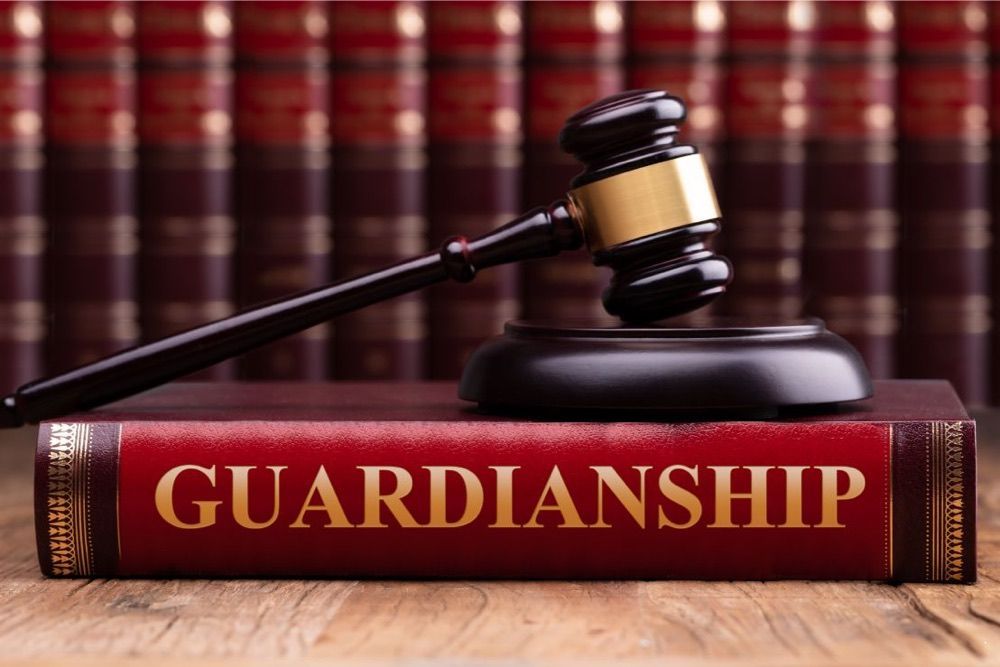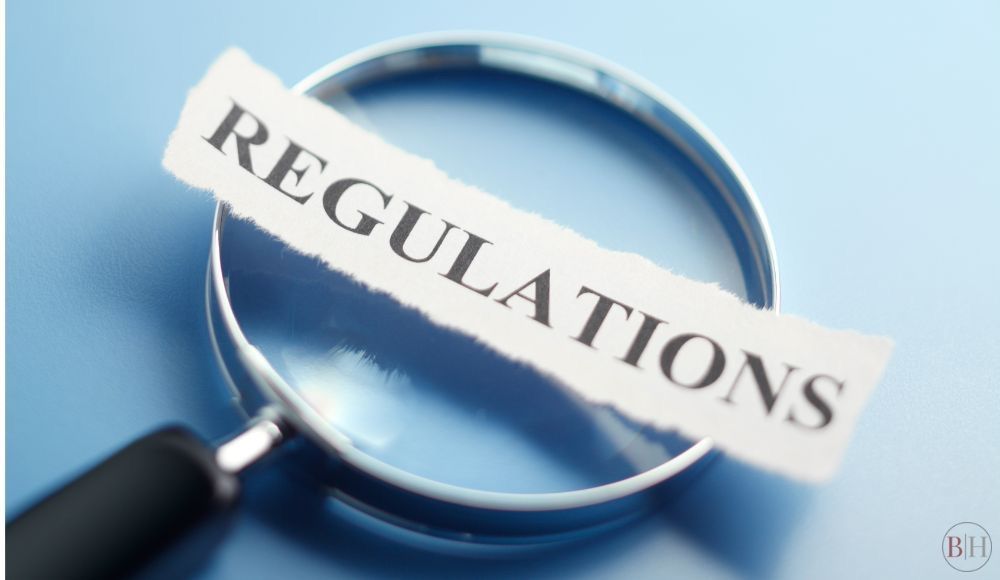Estate Planning and Legal Guardianship
Estate planning has many different facets, such as a will, durable power of attorney, health care power of attorney, estate administration, trusts, tax planning strategies, and, for some, legal guardianship.
A legal guardian protects, cares for, and looks out for the well-being of an individual who cannot care for themselves. That individual could be a child under 18 years of age or someone else who is unable to care for themselves, such as an adult child with disabilities or an elderly parent. If you are currently a legal guardian to an individual and want to ensure they will be cared for if you become physically or mentally incapacitated or die, you can do that by naming a legal guardian in your estate plan.
A legal guardian can be a friend, family member, or someone you believe will act in the individual's best interest. They must be at least 18 years old, and you can name multiple guardians.
Generally, legal guardians are responsible for acting on behalf of and in the best interest of the individual in their care until the individual turns eighteen or it is determined they no longer need a guardian.
If required, a court can assign a legal guardian. The court considers the guardian's stability, ability to care for the child properly, the relationship between the parents and the guardian, their moral character, and the child's preferences. As the final authority, the court plays a crucial role in appointing a legal guardian.
Types of Legal Guardians
There are many different ways to describe the various types of legal guardianships.
- Guardianship of Minors
Someone appointed to care for the needs of a child under 18 is considered a guardian of a minor. They often manage personal and financial decisions.
- Guardianship of Elderly
Sometimes, older adults get to a point where they can no longer properly care for themselves or make informed decisions on their own behalf, so an elderly guardian may be appointed.
- Legal Guardianship for Adults
Sometimes, adults (often with severe disabilities) are unable to care for themselves or make decisions on their own behalf, so a legal guardian is appointed.
- Medical Guardianship
If an individual is incapacitated and unable to make medical decisions for themselves, a medical guardian may be appointed to make them on their behalf.
- Pet Guardianship
If you have pets you want to ensure are taken care of by someone you trust in the event that you cannot do so, you can name a pet guardian in a living trust or will. - Financial Guardianship or Guardian of the Estate
Also known as conservators, financial guardians manage someone's financial assets and make financial decisions on their behalf.
- Full Guardianship
Someone with full guardianship has complete responsibility and decision-making authority over someone's legal, financial, and personal affairs.
- Limited Guardianship
Someone with limited guardianship is responsible for some but not all of an individual's needs.
- Joint Guardianship
You can appoint more than one guardian with shared responsibilities. This can sometimes make sense but can also lead to disputes between guardians.
- Guardian of the Person
A Guardian of the Person is responsible for custody and care of the individual, including housing, feeding, clothing, and other basic needs. They can decide about the individual's education, where they live, etc. - Guardian Ad Litem
Finally, the court can appoint a "Guardian Ad Litem" to represent a minor's legal interests. This type of guardian is typically appointed in divorce cases, probate matters, or when a minor has been neglected or abused.
How and When to Choose a Legal Guardian?
Choosing a legal guardian—whether for yourself if you become incapacitated, a child, or someone else you care for—should not be taken lightly. Often—but not always—a family member is the logical choice.
You should evaluate potential candidates by asking the following questions and then discuss it with them.
- Are they willing and able to take on the responsibility?
- Are they healthy?
- Are they financially stable?
- Are they responsible?
- Where are they located?
- Can they make hard decisions?
- If the guardianship is for your child, how well do they know them, do they get along, do they share similar values with you, how would your child's life look like with this person, etc.?
If you are pregnant, have children, or care for anyone else and haven't already done so, you should consider the process of naming a legal guardian for them. You may also consider your choice of legal guardianship before a significant medical procedure, after marriage, after a divorce, or after any other life-altering situation.
We Can Help You Designate a Legal Guardian Before It's Too Late
Nobody wants to think about what will happen when they pass away or if they become incapacitated, and many people assume they have more time; however, continuing to ignore or put off the inevitable may cause undue stress and expenses for your family when you do pass away or if you become incapacitated. An estate plan can make things easier for your family and ensure your wishes are followed.
Don't wait! Contact the experienced estate planning attorneys at Bingaman Hess today at 610.374.8377 or find us online.










